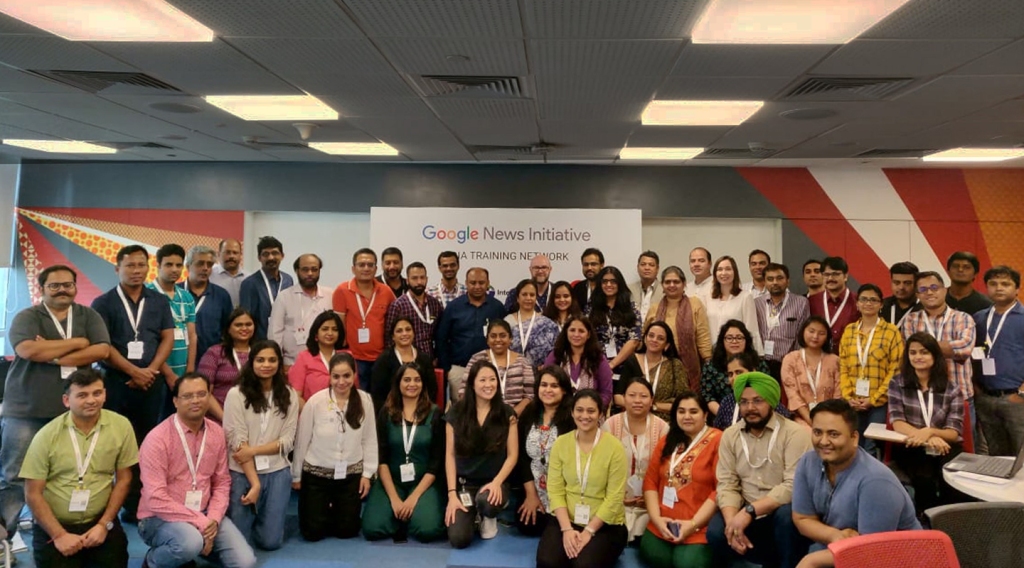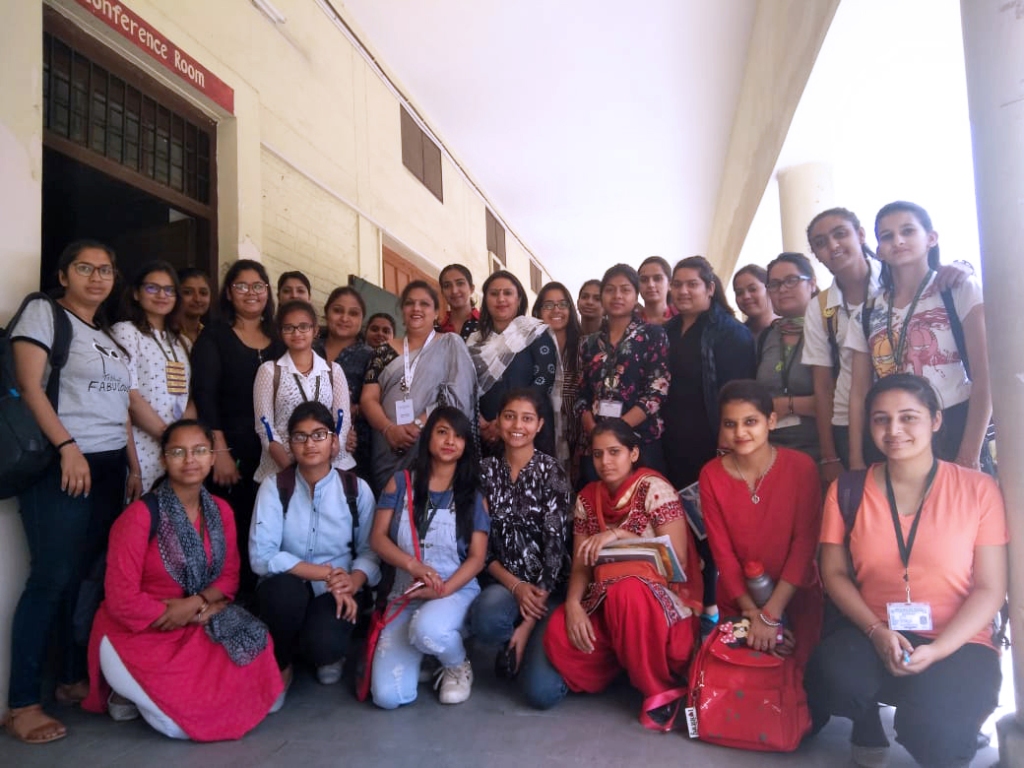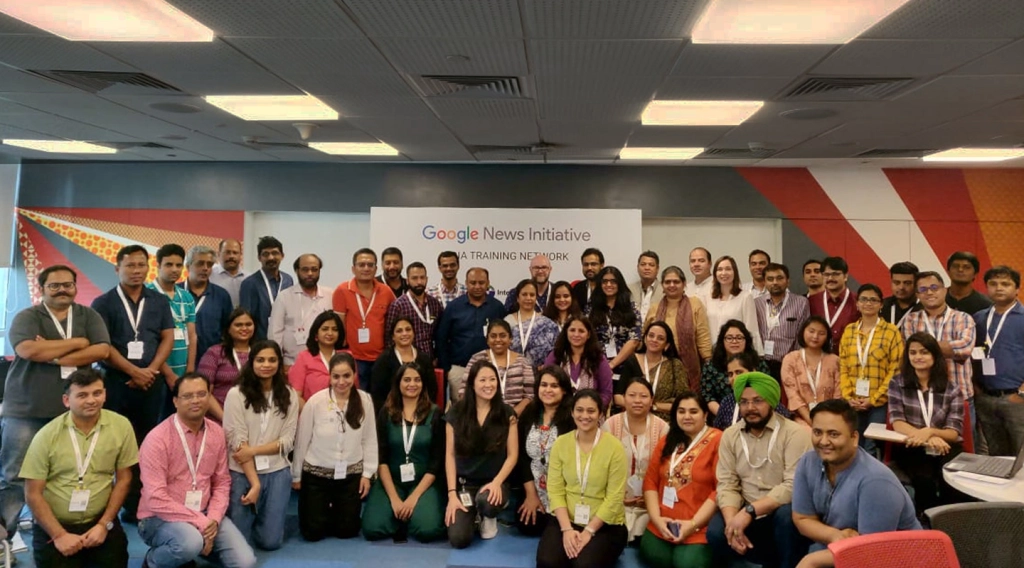As technology majors and media houses gear up to fight fake news, fact-checkers at the forefront face the social backlash and soul-crushing battle.
By Shweta Bhandral
In April 2018, Google News Initiative (GNI) held their first train-the-trainer fact-checking workshop in India with 35 journalists from across the country. Attending that four-day seminar at Google’s Delhi office certified me as a fact-checker and verification trainer.
There was an urgent need for this education. The years 2017-2018 had seen 29 people die of mob lynching in India. Most of these incidents happened because of disinformation and misinformation – or ‘fake news’ – spread through social media and messaging apps.
I started using my skills to debunk images and videos shared widely on WhatsApp groups, and even shown on primetime TV shows. There was an increased sharing of fake stories, photoshopped pictures and unrelated videos during the Pulwama attack and various state elections.

The narrative became communal; even if I exposed the truth and showed the proof, people only believed what they wanted to believe. I was instantly labelled a ‘liberal anti-national’. The fallout was that I was asked to shut up or leave the group.
It didn’t deter me. While fact-checking became second nature to me, I also started training mass-media students. To play a better role in keeping logical, ethical and fact-based journalism alive, I decided to leave broadcast news to become a full-time trainer and educator at 42.

I have trained more than a thousand students so far, and there are 241 of us GNI trainers out there sharing fact-checking skills with even more students and journalists.
Parul Jain, a freelance journalist and former university professor, was part of the second batch of GNI’s programme. As a verification trainer, she is very active in north India. Her experience at Hansraj Mahila Mahavidyalaya, Jalandhar, was one of her most memorable ones.
The girls came from remote villages of Punjab and despite the language barrier (most fact-checking tools are in English), they stayed back for another day to master the tools and spread awareness in their village.

Efforts made by GNI have encouraged media houses to create fact-checking desks, hire people with these skills, and even produce shows to spread awareness. Parul believes that all this is visible at ground level and a lot of people think twice before pressing the forward button.
The training has impacted her professionally too: “The work I do carries credibility and responsibility. People believe in me so much that the authenticity of a message depends upon my yes or no.”

There are also those for whom fact-checking is a full-time job. The stream of fake news that started with the state elections, the controversial Citizenship Amendment Act (CAA) in 2019, and the Delhi riots in 2020 has given sleepless nights to fact-checkers like Pooja Chaudhari, 25, a senior editor at Alt News, a renowned fact-checking website and app that even state authorities rely on. “In the past one year, the fake news shared has become more communal with a powerful anti-Muslim narrative,” Pooja notes.
Fact-checkers have no fixed hours of work. During the Jamia Millia Islamia University anti-CAA protests in Delhi, the Alt News team received most of the videos at night. It would be 3 or 4 am by the time they did their research and uploaded the article.
“Most of the stories we published during CAA protests and Delhi riots centred on visual verification, especially of location. We watch videos repeatedly to get clues. Sometimes, we watch the same clip for hours until we find something,” narrates Pooja.

Her workday starts even before she reaches office, as she tracks, collects and makes her list by scouring social media and the internet. “Alt News has a WhatsApp number where people send requests for fact-checks. We also have a mobile application where we get 300–400 requests daily.” But as the number of fact-checking platforms increases, so does the number of fake stories.
Urvashi Kapoor, 30, chief sub-editor at Vishvas News who reports on health, says that it sometimes takes more than two days to debunk a piece of fake health news, especially in the wake of COVID-19. The topics range from unproven cures to miraculous vaccines. “Dozens of viral articles are hosted on click-bait health misinformation sites,” says Urvashi. To bust fake news, she connects directly with doctors and relies on official sources like WHO or the health ministry.
Like Alt News, Vishvas News is also certified by IFCN (International Fact-Checking Network) and is a unit of Jagran New Media. The coronavirus pandemic has pushed the team to be ever more vigilant. For instance, there were many cases when fake audio clips claiming to be from WHO officials or reputed doctors went viral.

In such instances, Urvashi says, “We talk to experts or directly contact the person mentioned in the clip. In fact, not just audio clips, we need to fact-check everything, be it a text message from a friend, something we read on social media, or something we overhear. As a health fact-checker, I know these viral claims are impacting lives,” says Urvashi.
Though working from home since the lockdown, fact-checkers like Pooja and Urvashi are working round the clock, and it takes a toll on them physically and mentally. “I feel I’m losing my compassion,” admits Pooja. “Of course, I feel a great deal of sympathy for victims, but over time I have become apathetic towards violence. I can watch violence without blinking an eye, and this is worrisome for me.”
To help the fight against fake news, follow these simple rules: Do not believe every message you get. Question it, don’t forward it. Do a simple Google search, and follow fact-checking websites.
First published in eShe’s May 2020 issue
Syndicated to MoneyControl

